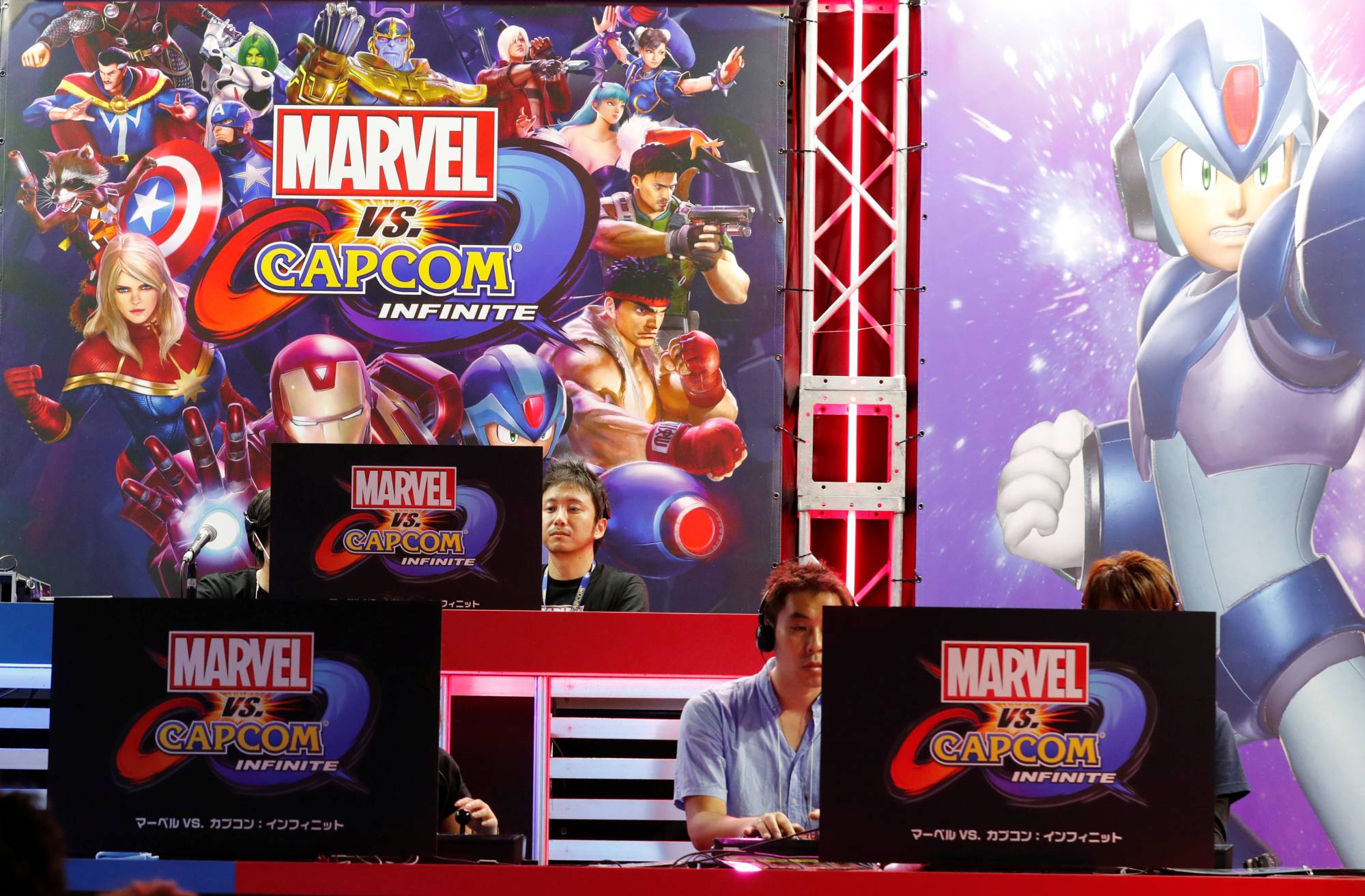Microsoft Corp. threw down the gauntlet last week with its biggest-ever acquisition, agreeing to purchase Activision Blizzard Inc. for a whopping $68.7 billion (¥7.8 trillion) in a deal that could preclude major shakeups in the lucrative video game industry. But where that leaves Japan's top gaming firms, from Sony to top third-party developers like Capcom and Square Enix, remains to be seen.
As hype over the so-called metaverse reaches a fever pitch, a slew of video game developers will likely seek partners to team up with or get absorbed by global tech titans to get ahead of the competition.
If that comes to fruition, long-established Japanese game-makers may be left out in the cold, as those firms are unlikely to make such decisions in an agile or flexible manner due to their traditional and conservative mindset, analysts said.



















With your current subscription plan you can comment on stories. However, before writing your first comment, please create a display name in the Profile section of your subscriber account page.